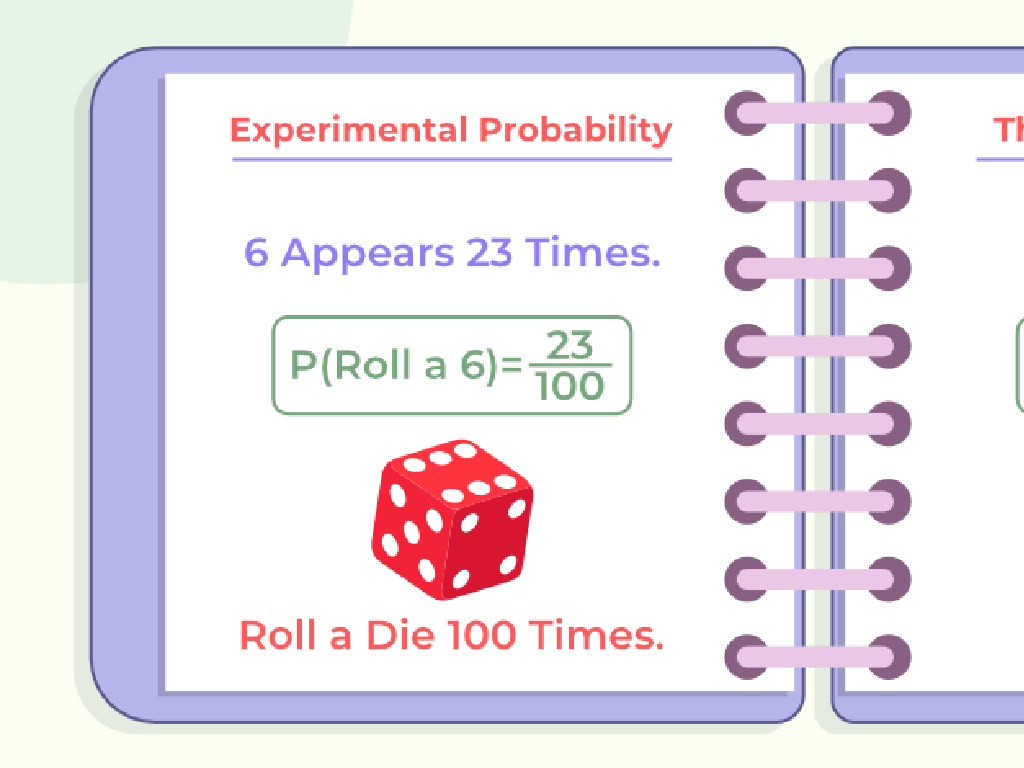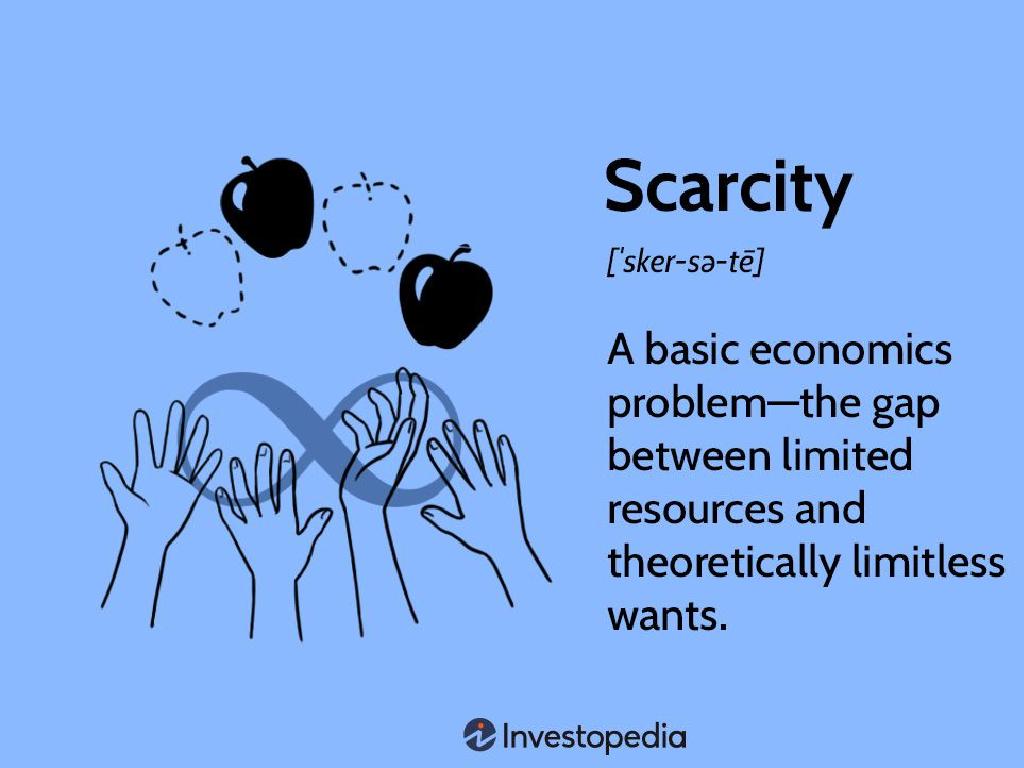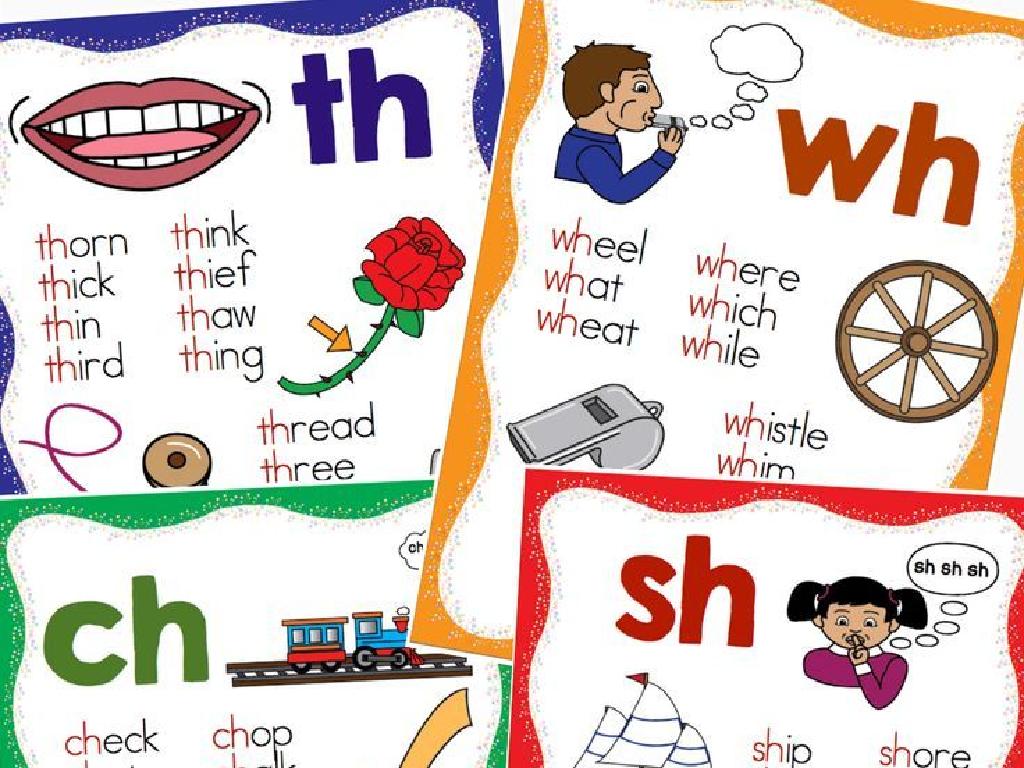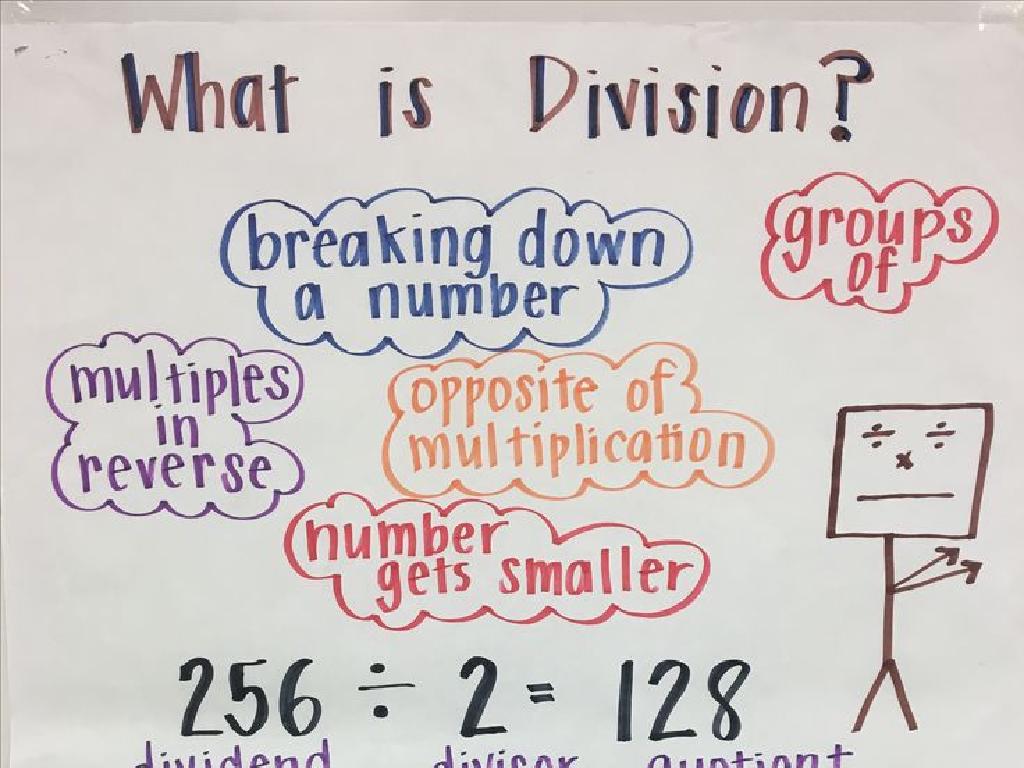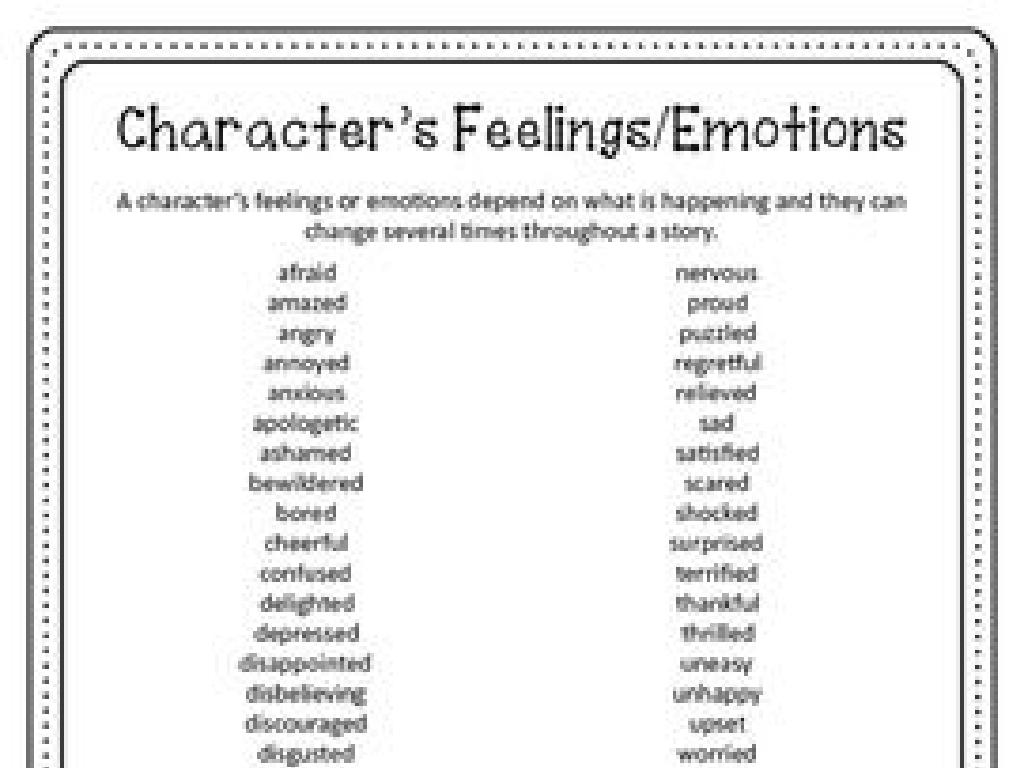Use The Prefixes Pre-, Re-, And Mis-
Subject: Language arts
Grade: Second grade
Topic: Prefixes And Suffixes
Please LOG IN to download the presentation. Access is available to registered users only.
View More Content
Welcome to Prefixes!: Exploring pre-, re-, and mis-
– Discover what a prefix is
– Prefix ‘pre-‘ means ‘before’
– Example: ‘preview’ means to view before
– ‘re-‘ means ‘again’, ‘mis-‘ means ‘wrongly’
– ‘redo’ to do again, ‘misplace’ to place wrongly
– Prefixes modify the meaning of words
|
This slide introduces the concept of prefixes to second-grade students, focusing on ‘pre-‘, ‘re-‘, and ‘mis-‘. Begin by explaining that a prefix is a group of letters added to the beginning of a word to change its meaning. Provide examples for each prefix: ‘pre-‘ as in ‘preview’ (to view before), ‘re-‘ as in ‘redo’ (to do again), and ‘mis-‘ as in ‘misplace’ (to place wrongly). Emphasize that by adding these prefixes to words they already know, they can create new words with different meanings. Encourage students to think of other words they know that might use these prefixes. Plan an activity where students can match words with the correct prefix or create sentences using new words formed with these prefixes.
Exploring Prefixes: pre-, re-, mis-
– What’s a prefix?
– A prefix is added to the start of a word
– Prefixes change meanings
– Like a word costume, it changes what the word means
– Examples: ‘unhappy’, ‘redo’
– ‘unhappy’ means not happy, ‘redo’ means to do again
– Practice with pre-, re-, mis-
– Let’s add ‘pre-‘, ‘re-‘, ‘mis-‘ to words and see what happens!
|
Introduce the concept of prefixes to the students by explaining that a prefix is like a special code attached to the beginning of a word that changes its meaning. Use simple examples like ‘unhappy’ and ‘redo’ to illustrate how prefixes work. Emphasize that ‘un’ means ‘not’ and ‘re’ means ‘again’. Then, engage the students with interactive activities where they can apply the prefixes ‘pre-‘, ‘re-‘, and ‘mis-‘ to different base words to see how the meaning changes. For example, ‘prepay’ (pay before), ‘return’ (come back), and ‘misplace’ (place wrongly). This will help them understand and remember the concept of prefixes.
Exploring the Prefix ‘pre-‘
– ‘pre-‘ means ‘before’
– Example: ‘preview’
– To view before, like watching a trailer before a movie
– Example: ‘predict’
– To say before, like guessing the end of a story
– Practice with ‘pre-‘
|
This slide introduces the prefix ‘pre-‘ to second-grade students, emphasizing its meaning ‘before’. Use examples like ‘preview’, where you watch something before the main event, and ‘predict’, where you guess something before it happens, to illustrate the concept. Encourage the students to think of other words with the prefix ‘pre-‘ and how it changes the meaning of the base word. During practice, have students create sentences using ‘pre-‘ words or even come up with their own ‘pre-‘ words. This activity will help them understand how prefixes can alter word meanings and enhance their vocabulary.
Exploring the Prefix ‘re-‘
– ‘re-‘ means to do again
– Example: ‘rewrite’ means write again
– Like editing a draft, to ‘rewrite’ is to write it once more.
– Example: ‘return’ means come back
– When you ‘return’ home, you come back to where you started.
– Let’s ‘re-‘peat words with ‘re-‘!
– Practice saying words with ‘re-‘ to remember this prefix!
|
This slide introduces the prefix ‘re-‘ to second graders, emphasizing its meaning of doing something again or returning to a previous state. Start by explaining the concept of a prefix and how it changes the meaning of a word. Use ‘rewrite’ and ‘return’ as clear examples to illustrate the concept. Engage the class by having them repeat after you with words that start with ‘re-‘, reinforcing the meaning through repetition. Encourage students to think of other ‘re-‘ words and use them in sentences to demonstrate their understanding.
Exploring the Prefix ‘mis-‘
– ‘mis-‘ means wrong or badly
– Example: ‘misplace’ means place wrong
– If you ‘misplace’ something, you can t find it because it s in the wrong place.
– Example: ‘misunderstand’ means understand wrongly
– When you ‘misunderstand’ someone, you don t get their meaning right.
– Learning ‘mis-‘ is fun and easy!
|
The prefix ‘mis-‘ is a fun and interesting part of English that changes the meaning of words to indicate a mistake or a wrong action. When teaching this slide, emphasize the prefix ‘mis-‘ and how it alters the meaning of the base words ‘place’ and ‘understand’. Provide additional examples if needed, such as ‘mismatch’ (things that don’t go well together) or ‘misbehave’ (to behave badly). Encourage the students to think of other words with the prefix ‘mis-‘ and discuss what the new words might mean. This will help them understand how prefixes work to modify the meanings of words and how they can figure out the meaning of new words by knowing their prefixes.
Let’s Practice with Prefixes!
– Find the prefix: misplace, replay, preheat
– ‘mis’ in misplace means wrong, ‘re’ in replay means again, ‘pre’ in preheat means before
– Understand the meaning of each word
– Misplace means to put in the wrong place, replay means to play again, preheat means to heat before
– Create your own ‘pre-‘, ‘re-‘, ‘mis-‘ words
– Think of actions and add ‘pre-‘, ‘re-‘, ‘mis-‘ to make new words
|
This slide is an interactive class activity designed to help students understand and practice using the prefixes ‘pre-‘, ‘re-‘, and ‘mis-‘. Start by explaining what a prefix is and how it changes the meaning of a word. Then, go through the examples provided, breaking down each word to identify the prefix and the root word. Discuss the meaning of each prefix and how it alters the definition of the root word. Encourage students to come up with their own examples by thinking of actions or objects they can add the prefixes to. This activity will help reinforce their understanding of how prefixes work and expand their vocabulary. Possible activities include a word hunt in the classroom, creating a prefix flipbook, or drawing pictures to illustrate their new words.
Prefix Game Time!
– Play ‘Prefix Match-up’
– Match words to prefixes
– Connect words like ‘view’ with ‘review’ or ‘play’ with ‘replay’
– Find the most matches
– Learn prefixes pre-, re-, mis-
– ‘pre-‘ means before, ‘re-‘ means again, ‘mis-‘ means wrong
|
This slide introduces a fun and interactive game called ‘Prefix Match-up’ where students will match words with the correct prefixes: pre-, re-, and mis-. The objective is to find as many correct matches as possible. For example, ‘heat’ becomes ‘reheat’ when matched with ‘re-‘. This activity will help students understand how prefixes alter the meaning of base words. Teachers should prepare a list of base words and their prefixed counterparts for the game. They can encourage friendly competition by rewarding the student who finds the most matches. This game aims to reinforce the concept of prefixes and their meanings in a playful manner.
Class Activity: Prefix Craft
– Create a prefix flip book
– Illustrate words with ‘pre-‘, ‘re-‘, ‘mis-‘
– Examples: ‘preheat’, ‘return’, ‘misplace’
– Draw a picture for each word
– A picture can show an oven preheating, a toy being returned, or a lost key
– Share your flip book in class
|
This activity is designed to help students understand and practice using prefixes. Each student will create a flip book with three sections, one for each prefix: ‘pre-‘, ‘re-‘, and ‘mis-‘. They will come up with words that start with these prefixes and draw a corresponding picture to illustrate the meaning of each new word. For example, they could draw an oven with the ‘preheat’ setting on, someone returning a toy to a shelf for ‘return’, or a set of keys in an unusual place for ‘misplace’. Encourage creativity in both the word choice and the illustrations. After completing the flip books, students will have the opportunity to share their work with the class, enhancing their understanding of prefixes and their public speaking skills. Provide guidance and ensure each student has the materials needed to create their flip book.
Prefix Power: Review and Homework
– Review: ‘pre-‘, ‘re-‘, ‘mis-‘ meanings
– ‘pre-‘ means before, ‘re-‘ means again, ‘mis-‘ means wrong
– Prefixes alter word meanings
– Like ‘redo’ means to do again, changing the base word ‘do’
– Homework: Write a prefix story
– Use ‘pre-‘, ‘re-‘, ‘mis-‘ in a creative story
– Share stories in the next class
– We’ll read and discuss our stories together
|
This slide summarizes the lesson on prefixes and sets up a homework assignment that reinforces the concept. Students should understand that ‘pre-‘ indicates something occurring before, ‘re-‘ means to do again, and ‘mis-‘ implies a mistaken or wrong action. For homework, they are tasked with writing a short story that includes words with these prefixes, allowing them to apply their knowledge creatively. In the next class, students will have the opportunity to share their stories, which will help them to learn from each other and reinforce their understanding of prefixes.

